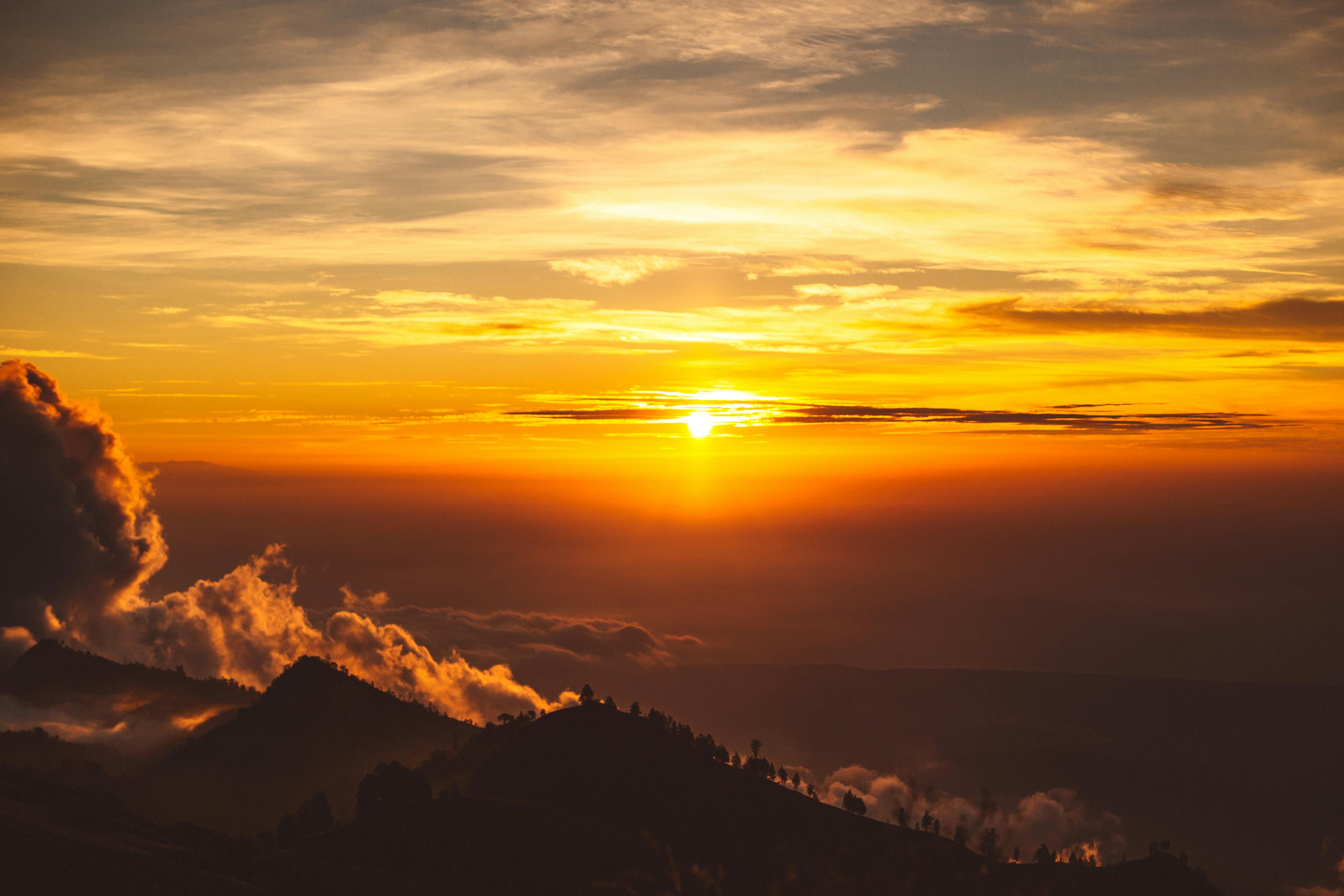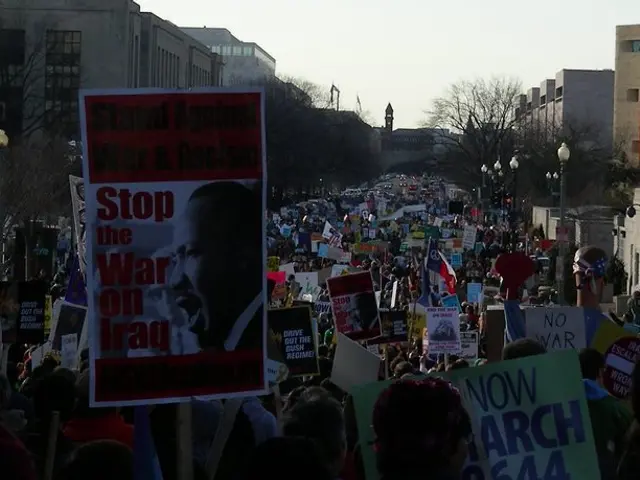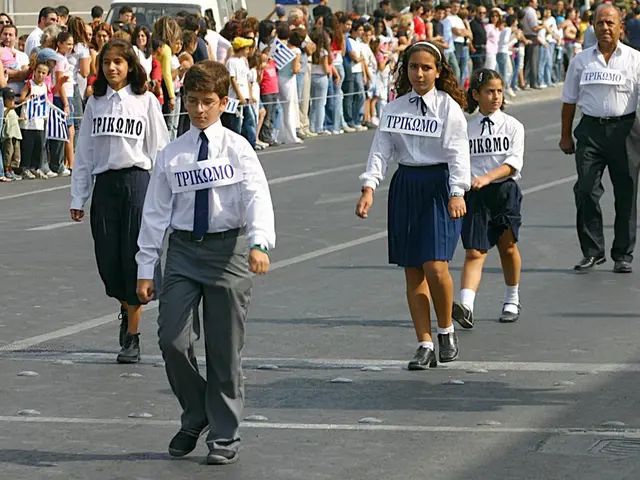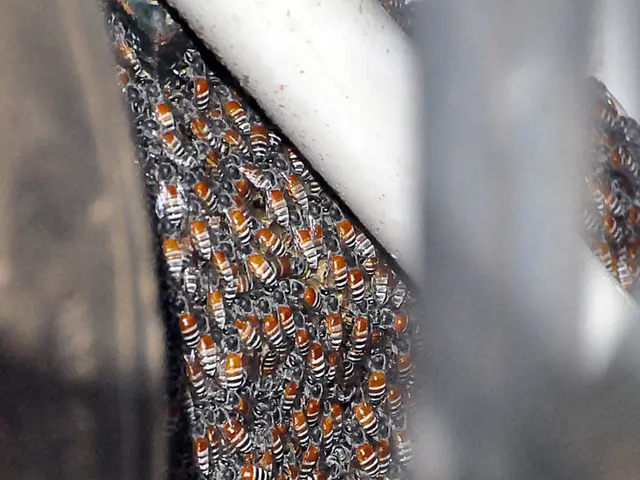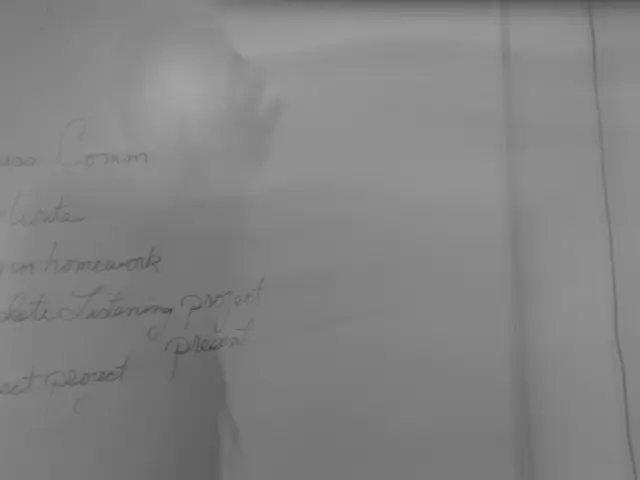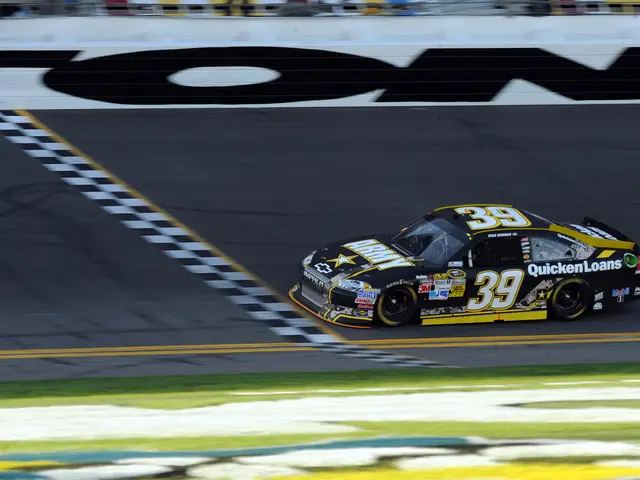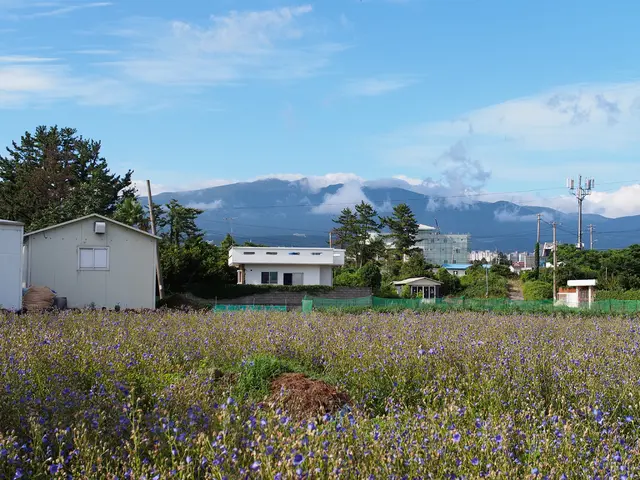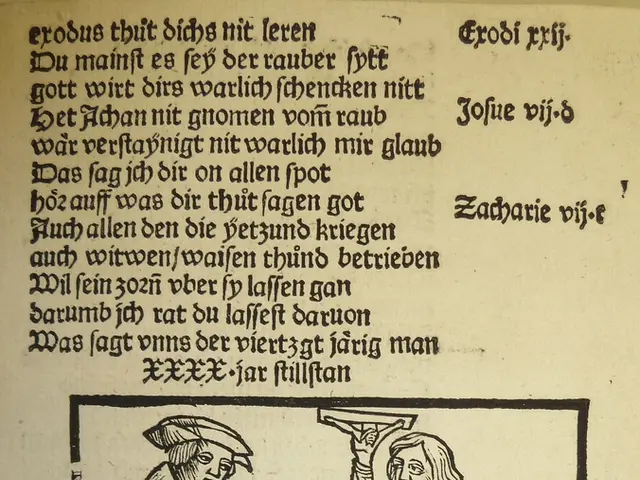Ukraine War Live Ticker +++ 23:31 Merz, Macron, Starmer and Tusk travel to Kyiv
Show of Solidarity with Ukraine's Defense
Leading figures Merz, Macron, Starmer, and Tusk are en route to Kiev.
The heads of state and government of Germany, France, the UK, and Poland are traveling to Ukraine to show solidarity with the country's ongoing struggle against Russian aggression. The quartet, consisting of Friedrich Merz, Emmanuel Macron, Keir Starmer, and Donald Tusk, will visit Kyiv together in a significant demonstration of support.
A joint statement from the four major European states emphasizes two key aspects:
- Readiness for Peace Talks: They express their readiness to engage in peace talks as soon as possible to work out the technical implementation of a ceasefire and prepare a comprehensive peace agreement.
- Pressure on Russia: The leaders also stress the need to increase pressure on Russia, stating that they will continue to build up their support for Ukraine. Until Russia agrees to a lasting ceasefire, the European states will escalate pressure on Russia's war machine.
Belarusian President Lukashenko's Accusations Against the EU
Belarusian President Alexander Lukashenko has accused the European Union of warmongering. According to the state agency Belta in Minsk, he stated that Brussels is systematically transforming territories of Poland and the Baltic states into launch pads for attacks beyond the eastern borders of the North Atlantic bloc. Lukashenko also accused the EU of transforming into a military bloc. He noted that Europe was given a lesson from which we thought it would learn. However, the Western elites have learned nothing. "The European Union, founded as a political and economic union, has actually transformed into a totalitarian military-political bloc with openly revisionist sentiments," Lukashenko added.
Protests in Slovakia Against Prime Minister Robert Fico
Thousands of Slovaks demonstrated in Bratislava and several other cities against Prime Minister Robert Fico due to his trip to Moscow during the Russian war victory celebrations. Fico is the only EU government leader who participated in the event. Critics accuse the left-wing nationalist prime minister of a pro-Russian stance. The largest protest took place in the capital, Bratislava, with protestors chanting "May 9th is Europe's day. But Robert Fico spends it with a war criminal."
Nordic Countries Extend Invitation for Ukraine to Military Exercises
The Nordic countries, including the UK, Denmark, Norway, Finland, Iceland, Sweden, the Netherlands, Estonia, Latvia, and Lithuania, have invited Ukraine to participate in joint military exercises. The invitation was extended by Norwegian Prime Minister Jonas Gahr Støre, citing a shared commitment to defend European security.
Strained Relations Between Ukraine and Hungary Over Espionage
Tensions continue to escalate between Ukraine and Hungary over spy allegations. Ukraine has expelled two Hungarian diplomats after the arrest of two individuals accused of spying for Hungary. The Hungarian government, led by Prime Minister Viktor Orban, has not commented on the arrests but has expressed concern over Ukraine's defamation campaign against Budapest.
Ukraine's Spokesperson Calls Modern Fascism What They See in Russia
Mykhailo Malyi, spokesperson for the Blue-Yellow Cross, called the Russian military parade on Red Square a "parade of cynicism," stating that while Russia celebrates victory over fascism, it is experiencing "modern fascism." This statement reveals the widespread sentiment that Russian actions in Ukraine are directly opposed to the values and ideals of freedom and democracy.
Brazilian President Lula Pitches Partnership in Moscow
During a meeting with Russian President Vladimir Putin, Brazilian President Luiz Inacio Lula da Silva sought to strengthen Brazil's strategic partnership with Russia. He expressed interest in cooperation on various fronts, including building small nuclear power plants, but criticized U.S. President Donald Trump's trade policies as undermining the idea of free trade and strengthening multilateralism.
Vatican-Russia Dialogue and Potential Humanitarian Collaboration
Russia hopes to further develop its dialogue with the Vatican, including in the context of the Ukraine conflict. The basis for the relationship is shared commitments to "traditional spiritual and moral values" and a similar approach to global development and building a just world order. Potential humanitarian collaboration between the two parties could contribute to addressing issues related to the conflict situation in Ukraine.
Increased Defense Spending Proposed by NATO Secretary-General Mark Rutte
NATO Secretary-General Mark Rutte, currently the Prime Minister of the Netherlands, has proposed that NATO member countries commit to spending at least 5% of their GDP on defense and security annually by 2032. This aim is to ensure a stronger and more unified defense effort among NATO members amid increasing security challenges worldwide.
Current Status of the European Union's Stance and Actions
Despite ongoing military, political, and economic pressures on Russia, tensions remain high as Russia continues to resist a lasting ceasefire in Ukraine. The European Union, alongside other global partners, continues to support Ukraine, providing military aid, political backing, and economic assistance where possible. Sanctions on Russia remain in place, while the EU's engagement in potential peace talks underscores the importance of dialogue and diplomacy in resolving the conflict.
The EU's overall stance firmly supports Ukraine's right to self-determination and resists any potential concessions that might undermine Ukraine's sovereignty and territorial integrity. The EU also continues to work towards phasing out Russian fossil fuels to reduce dependence on Russian energy resources and weaken Russia's economic influence.
- Read about escalating diplomatic tensions in the Baltic states and more from ntv.de.Source: ntv.de, ino/hul/dpa/rts/AFP
- The heads of state from Germany, France, the UK, and Poland are unanimously advocating for an employment policy that emphasizes readiness for peace talks concerning Ukraine while also increasing pressure on Russia, as stated in the joint declaration during their visit to Kyiv.
- The European Union, while engaging in potential peace talks with Russia, continues to maintain its employment policy that supports Ukraine's defense against Russian aggression, as demonstrated in the quartet's visit to Kyiv.
- In contrast to the united front of the four major European states, Belarusian President Alexander Lukashenko, propagandistically, has accused the EU of transforming into a military bloc and warmongering.
- The European Union, adhering to its community policy, continues to support Ukraine and provide aid while also implementing diplomatic measures, such as imposing sanctions on Russia and engaging in potential peace talks, to maintain Ukraine's territorial integrity and sovereignty.
